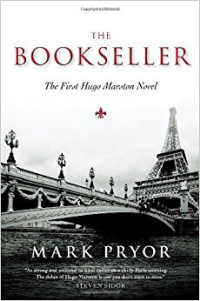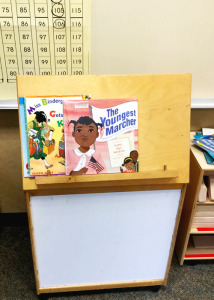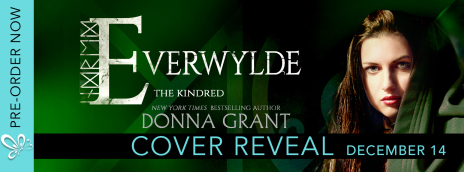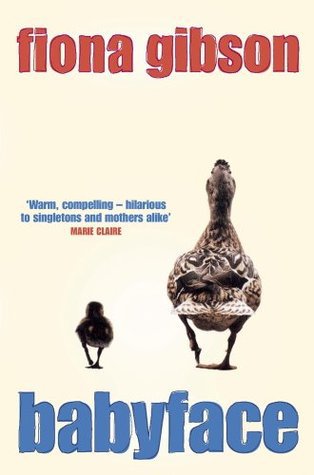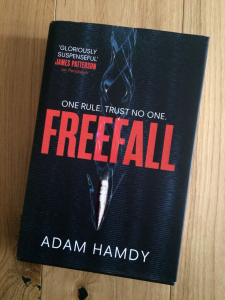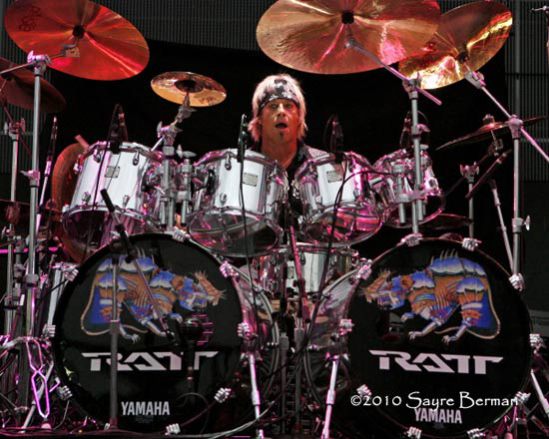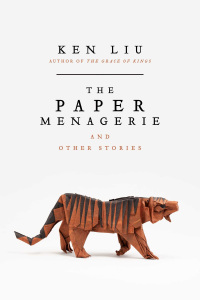
- Genre: fantasy/science fiction
- Pages: 450
- My rating: 7.5/10
Ken Liu is now making a name for himself with his Dandelion Dynasty series (of which I reviewed the first part here) and with his translations of the science fiction novels of Chinese author Cixin Liu. But before he started these endeavors, Ken Liu was as a short story writer. The Paper Menagerie and other stories collects his best short stories and those that Ken is simply the proudest of. The collection takes its title from one of the 15 stories, The Paper Menagerie, which was the first work of fiction to ever win all the major SF awards (Hugo, Nebula and WFA).
In general, I found this collection to be uneven in quality, and slightly disappointing when holding it up to all the praise that it is being given.
There is a melancholy to Liu’s writing that is quite beautiful. Liu’s stories are aimed towards a fairy-tale like logic that chases these feelings of melancholy, and in the process Liu discards the orthodox ideas about the boundaries between fantasy and science fiction. His work is both at the same time, or you could call it speculative fiction perhaps. Although his stories can be a bit too melodramatic for my taste, there is usually some underlying metaphor to his stories that is aesthetically very pleasing. He even promotes this idea in his introduction, because, as he says, metaphors make sense of a rather random universe and people’s confusing lives.
A great example would be the second story, State Change, in which people carry their souls with them as physical objects. The main character has an ice cube that represents her soul. You could probably guess already what kind of character she has, and what the state change from the title means for this fairy tale. Most of the stories are like little experiments in metaphor. Liu takes a fantasy idea, and then explores that idea in an analytical, extrapolative way.
Stories:
The Bookmaking Habits of Select Species (3.5/5) A bit on the short side, but nicely imaginative. Reminded me of the silliness of Stanislaw Lem’s Cyberiad. Has lots of unrealistic aliens to laugh at and some crazy ideas.
State Change (4/5) A story about people carrying their souls about as physical objects. A bit sad, a bit beautiful and it made me think a lot.
The Perfect Match (4/5) A dystopia story about Google growing out of control and its algorithms making all decisions for people. It’s a slightly new variation on a familiar story, especially how an AI making decisions for you can be deviously desirable. The balance that Liu walks between the good and bad sides of algorithms is impressively done.
Good Hunting (3/5) I’m sure what to think of this, or what to do with this. It’s a story about magic disappearing from China with the arrival of railroads and steam engine, and then in time we discover that the magic is there, but it has transformed too. Strangely, the story moves through about 200 years of history in the time of what seems to be 20 years, and that feels forced only to complete the allegory.
The Literomancer (4/5) A very heavy story. It’s situated in Taiwan in the 50s and follows an American girl whose father is stationed there. Seen from the innocent eyes of a child, grown-ups can be so unnecessarily cruel to each other, but Liu shows that that same tendency is present in children as well. It delves into Chinese history and calligraphy and I really enjoyed reading about that. A warning: there is some torture in the story and it comes unexpectedly, so be careful if that makes you nauseous.
Simulacrum (4.5/5) Short but powerful and saddening. It’s about a rift between a father and a daughter that cannot be healed, and about futuristic technology that is just making things worse. Technology can give us coping mechanisms that keep us from growing emotionally.
The Regular (4/5) A longer detective story with some good character development. Liu showcases some near-future technological enhancements that change the shape of committing crimes and solving them. As always, a painful human heart is the center of the story.
The Paper Menagerie (5/5) The most painful stories are those of broken relationships between parents and children. It is stunning how much emotion Liu can squeeze out of a small number of pages. The final paragraphs hit like a brick. Powerful in its simplicity. Highly recommended.
An Advanced Readers’ Picture Book of Comparative Cognition (3/5) Rather similar to the first story. Obviously, Liu likes to juxtapose a central story with lots of snippets of side-stories that have some metaphorical relationship to the central one. But I didn’t see the connections here, nor the relevance. The short stories inside this one were a bit childish. It felt too random to me.
The Waves (3.5/10) About evolution and one generation rising above the previous one. It’s a story about lots of topics, actually, most of all about embracing change. Ultimately, it lacked punch and left my mind quickly.
Mono No Aware (4/5) A short and melancholic piece, about the resilience of the Japanese and self-sacrifice. If we go into space, we may need to see the heroism of communities instead of individuals. The story tries very hard to tug on the heartstrings but by now this is getting repetitive in Liu’s writing.
All the Flavors (3.5/5) A western in which an American girl befriends Chinese who work in the mines. The Chinese are given a “magical Indian” treatment in the story, showing them full of foreign wisdom. The mythical hero Lord Guan Yu finds himself wandering the American West. The myth parts are more exciting than the Western parts.
A Brief History of The Trans-Pacific Tunnel (4/5) An interesting alternate history story about a Trans-Pacific tunnel, which in turn lead to a very different twentieth century. Again, this story connects America and Asia, as Liu does in many of his stories. An Asian man and an American girl find each other at the midpoint city of the tunnel. Liu squeezes a lot of personal and world history into a few pages.
The Litigation Master and The Monkey King (4/5) In the 17th century, an elderly villager helps out his fellow people with the Chinese law. He is tricky with words, because in his mind he hears the voice of the Monkey King, a mythological demon. It’s a smooth, well-paced story with interesting people, and we learn some Chinese history to boot.
The Man Who Ended History: A Documentary (4.5/5). A documentary is the right word. Using a variation on time travel, this story is close to a history lesson about Japanese prisoners of war camps in China. Liu deftly explores all the political and philosophical implications of simply observing the past as if you were there. Again, it has quite some torture scenes. Gruesome, but well written.
Overall:
Most of Ken Liu’s stories exist in the interplay between the American and Chinese worlds, no doubt inspired by Liu’s own life experiences. In these stories, Liu’s need to express certain feelings simply radiates from the pages, and hence these stories feel the most genuine and powerful. These stories are also often about broken relationships between parents and their children and are very touching.
Other stories I found remarkably less gripping. In some of these, he injects short fantasy tales into larger tales to double down on the theme that he wants to tackle, but that technique never really works well here. The writing was a bit bland here and there and businesslike. Overall, I am not as enamored by this collection as many others seem to be. I was losing patience halfway through the collection. I found it very forgettable and never felt compelled to keep reading. No story here is bad and some of them are powerful, but most were not particularly remarkable.
Advertisements Share this: